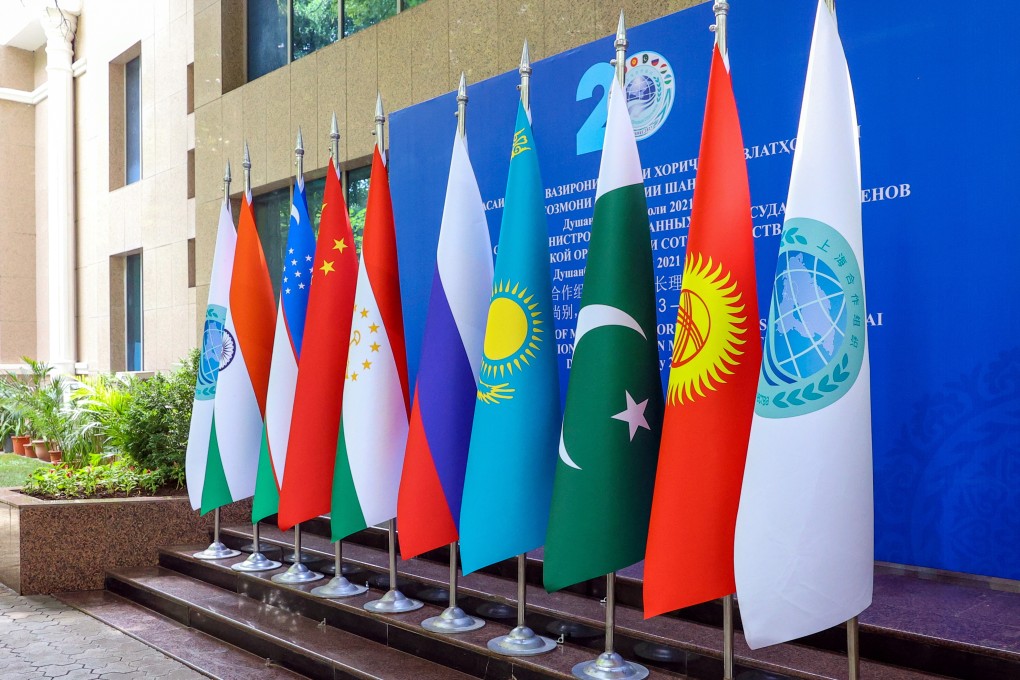Opinion | SCO cannot tackle terrorism in Eurasia while Afghanistan remains outside the bloc
- Allowing Afghanistan to become a member of the Eurasian security alliance can help lift the country out of crisis and ensure regional stability
- While leaders may be reluctant to cooperate with the Taliban, leaving Kabul out in the cold only undermines the counterterrorism aims of the Shanghai pact

Since the inauguration of the SCO in 2001, member states have held joint counterterrorism exercises almost annually, in line with the spirit of the group’s charter. But which country might really ask for cross-border help from the organisation?
The answer is probably none. Russia, Kazakhstan, Kyrgyzstan and Tajikistan, all member states of the SCO, are also allies in the CSTO. If necessary, they would seek help from the alliance first, as Kazakhstan proved recently.
China, India and Pakistan, meanwhile, are strong enough to deal with any domestic unrest without external help. The only uncertainty among SCO states is Uzbekistan, which left the CSTO in 2012.
The country in the region that needs most external help in counterterrorism efforts is Afghanistan, currently an observer state of the SCO. Cynically speaking, the heft of Afghanistan seems to lie in the troubles it might bring to other countries.
At the founding ceremony of the SCO, president Nursultan Nazarbayev of Kazakhstan described Afghanistan as “the cradle of terrorism, separatism and extremism” in his opening remarks. According to the UN, Afghanistan accounted for some 85 per cent of global opium production in 2020.
